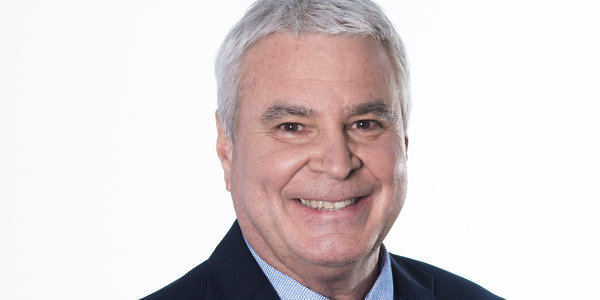E-commerce in Nigeria: The future is mobile

Randy Buday, Regional Director for West and Central Africa at DHL Express
Delivered by DHL
With a large population of 184 million and a relatively underdeveloped formal retail industry, Nigeria holds considerable potential for e-commerce. A number of online retailers are already active in the market, with Jumia and Konga – arguably the two biggest – both selling a wide assortment of goods, including fashion, electronics and beauty products. There are also numerous niche players focusing on specific segments, including: Mall for Africa (purchases from Western retailers), DealDey (daily deals for things to do, see, eat and buy) and Supermart (online grocery shopping and delivery).
Mobile internet use is becoming a significant driver of e-commerce in Nigeria, according to a new study by Jumia on African mobile trends. Jumia says about 71% of its users in Nigeria now access the website via their mobile phones, compared to 53% of customers in the rest of Africa. Mobile customers (both those who use the Jumia app and those who browse from mobile browsers) account for 63% of all Jumia’s orders in Nigeria.
“In Nigeria, we’ve had exceptional growth in e-commerce volumes in the last five years,” says Randy Buday, Regional Director for West and Central Africa at DHL Express. “Initially the market comprised mainly traditional internet consumers who were looking for the latest fashion items and accessories. However, now we are seeing the growing popularity of marketplace platforms – where buyers and sellers are brought together. Many retailers have had to learn on the go and a lot have seen the importance of optimising their sites more for mobile use as this also goes a long way in attracting users.”
The greater penetration of low-cost smartphones is a major reason for the rise in mobile internet use. For example, Chinese company Infinix continues to be the top smartphone brand across Jumia’s 15 African markets. One of its entry level models, the Infinix Hot4Lite, was one of the best-selling phones in Nigeria.
Data-efficient mobile browsers are also ensuring that people spend more time online. In Nigeria, the Opera Mini browser – lighter in terms of data usage than conventional browsers – is popular among new mobile internet users who have lower incomes and can’t afford costly internet data packages. Some 41% of Jumia’s mobile traffic in Nigeria is coming from Opera Mini, compared to just 28% from Google Chrome.
Nigerian e-commerce customers are increasingly checking out and paying for orders directly from their mobile phones, whereas in the past the custom was for people to use their phones to browse and look up products and then purchase them on their desktop.
Currently, half of Jumia’s mobile visitors in Nigeria are coming through the mobile app. The company says the conversion rate – the number of completed orders in relation to the number of visitors – is higher on the app than on the mobile and desktop versions of the website. The reason for this could be the fact that the app is exclusively designed for mobile and therefore has a faster and better shopping experience for users.
Another trend that is encouraging mobile commerce is strategic alliances between online sellers and phone operators. For instance, MTN subscribers are not charged for data usage when they browse Jumia’s website.
Nigeria’s mobile trends for 2017 are positive, with a steady growth in smartphones adoption. As smartphone brands and mobile operators continue to invest in R&D and innovative data packages; and e-commerce providers focus on customer service and marketing over the next few years, an even more synergised digital ecosystem is on the horizon.
“DHL has evolved from being just a B2B company to being even more consumer facing with the growth of e-commerce on a global scale. This anticipated growth will be mirrored in the Nigerian market with an even greater potential as the youthful population continues to embrace the growing online shopping trend,” says Buday.

